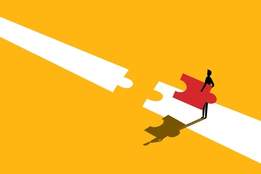plural ladies
often attributive
1
a
: a woman having proprietary rights or authority especially as a feudal superior
b
: a woman receiving the homage or devotion of a knight or lover
2
Lady
: virgin mary
—usually used with Our
3
4
a
: wife
b
5
a
: any of various titled women in Great Britain
—used as the customary title of (1) a marchioness, countess, viscountess, or baroness or (2) the wife of a knight, baronet, member of the peerage, or one having the courtesy title of lord and used as a courtesy title for the daughter of a duke, marquess, or earl
b
: a woman who is a member of an order of knighthood compare dame
Love words? Need even more definitions?
Merriam-Webster unabridged










